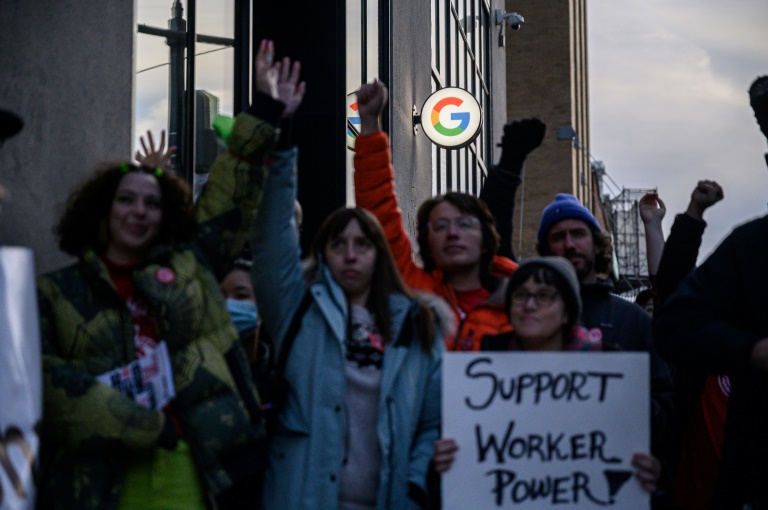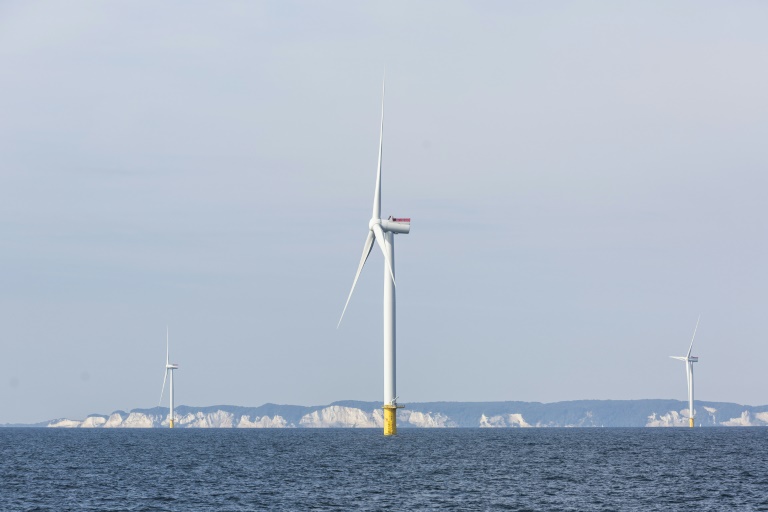Laid off US tech workers from abroad on employment-based visas are scrambling to find new jobs to avoid being forced to uproot their lives and leave the country.
More than 150,000 US-based tech jobs have disappeared in recent months, delivering an economic blow to Silicon Valley not seen the since the dot-com bubble collapsed in the early 2000s.
As the massive wave of redundancies spreads across US tech firms, many of those left jobless are here on H1-B or other visas pegged to their jobs, according to California congresswomen Anna Eshoo and Zoe Lofgren.
Eshoo and Lofgren wrote a letter urging US immigration authorities to at least double the 60-day period allowed foreign-born workers here on employment-based visas to find new jobs.
Without a new job at a company that can get them a visa, fired employees have to leave the country.
“They are freaking out beyond measure,” said Seattle-based immigration attorney Tahmina Watson.
“They are absolutely in a bind because they don’t know what they are going to do.”
According to Eshoo and Lofgren, foreign-born workers make up nearly a quarter of the US science and tech workforce.
Often times, immigrant tech workers have settled down and started families in the United States, advocates told AFP.
“They go from being two-income households to no-income households with mortgages, marriages, car payments and children,” Watson said.
“Sixty days is not enough time to wrap up your affairs; it is not enough time to find another job and then apply for another H1-B visa.”
The Foundation for India and Indian Diaspora Studies launched a petition at Change.org calling on US President Joe Biden to extend the visa grace period to a full year on humanitarian grounds.
The petition had more than 2,300 signatures as of Wednesday.
“My ask here is to increase the grace period and let them figure it out,” said foundation director Khanderao Kand.
– ‘Brain drain’ –
The US economy stands to suffer if there is an exodus of immigrant tech talent, argue advocates.
More than half of all billion-dollar tech companies here were founded by immigrants, Eshoo and Lofgren said in their letter to the heads of US Citizen and Immigration Services and Homeland Security.
“To ensure that the successful companies of the future are based in the United States, we must prevent this brain drain from taking place,” said the letter.
Silicon Valley is rich with immigrants from China, Europe, and India, many of whom are not just job seekers but eventually job creators with startups or investment capital, Kand told AFP.
Tech talent forced to leave the US, taking their families and dreams with them, will settle elsewhere and likely not return, Kand argued.
Giving immigrant tech talent a chance to stay could end up fueling a startup boom, as some of those who’ve been laid off opt to start companies of their own, Watson said.
“If we lose this talent, I think we will find we are hurting in the future because these people will know that America doesn’t care about them,” the lawyer added.
Among tactics turned to by the newly unemployed is changing to tourist visas, which give them six months instead of two in which they can hunt for jobs or tend to affairs, according to Watson.
“If they can’t find another job, it gives them time to sell their car, let go of a lease, do what they need — or figure out their paperwork to go to Canada,” Watson said.
“While we are closing our door to immigrants, Canada is doing the opposite and welcoming them.”
While job cuts at tech titans such as Alphabet, Amazon, and Microsoft have been making headlines, startups have also been laying people off, noted French Tech San Francisco president Reza Malekzadeh.
“I think culturally Europeans are not used to it, especially the French, because they are not used to it being easy to lay people off,” Malekzadeh told AFP.
“We try to help each other. I have not seen a big wave going back to France yet; I think they are still hopeful.”

 Business5 months ago
Business5 months ago
 Business4 months ago
Business4 months ago
 Events6 months ago
Events6 months ago
 People4 months ago
People4 months ago
 Events3 months ago
Events3 months ago
















